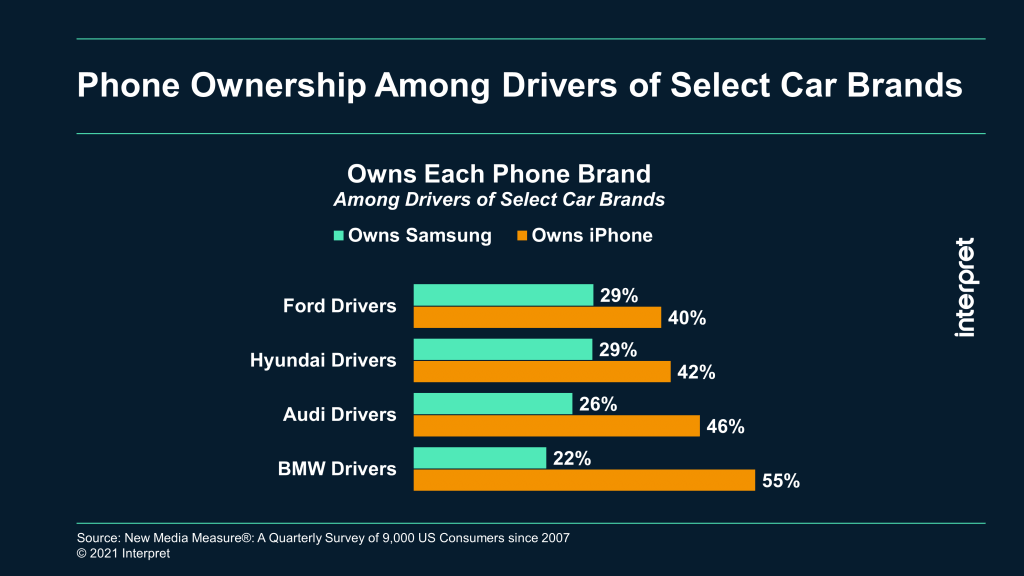As smartphone tech continues to infiltrate the automotive world, Samsung just announced a new feature for owners or prospective buyers of vehicles from BMW, Audi, Ford, and Genesis (the luxury brand from Hyundai) – other car companies are expected to follow. The new Samsung Galaxy S21 lineup, launched last month, will soon be able to serve as a “digital key” to unlock cars remotely without the need for a traditional key fob. Samsung expects this feature to become available by August of this year.
Samsung has been leading this charge, but it should be noted that the Korean electronics firm is part of multiple standards bodies that are developing the tech, including the FiRa Consortium and the Car Connectivity Consortium. Apple is a leading member of the latter and, in fact, the upcoming digital keys should work on iPhones and other Android models. “You’ll even be able to share your digital key across smartphones, regardless of brand or platform,” Samsung explained during its Galaxy S21 event.
As with most technology, this kind of feature will start off as a luxury option and eventually become standardized and offered with the vast majority of models, just as electric-powered windows on cars were once considered a novelty. For Samsung, getting the message out to car buyers now may reflect the firm’s desire to attract more consumers from the luxury crowd. According to Interpret’s New Media Measure®, Audi and BMW drivers overwhelmingly prefer iPhones to Samsung phones, whereas drivers of Ford and Hyundai vehicles (though they too prefer iPhones) have higher ownership of Samsung than their Audi and BMW-owning counterparts.
With climate change forcing car manufacturers worldwide to eventually shift to electric, it’ll be interesting to see which electronics firms enter the vehicle business. Apple is reportedly nearing a deal with Hyundai-Kia on its own Apple Car business, while LG Electronics is expected to apply its mobile tech to electric vehicle parts as it mulls over its smartphone business. The automotive landscape could look quite different in the next decade.




